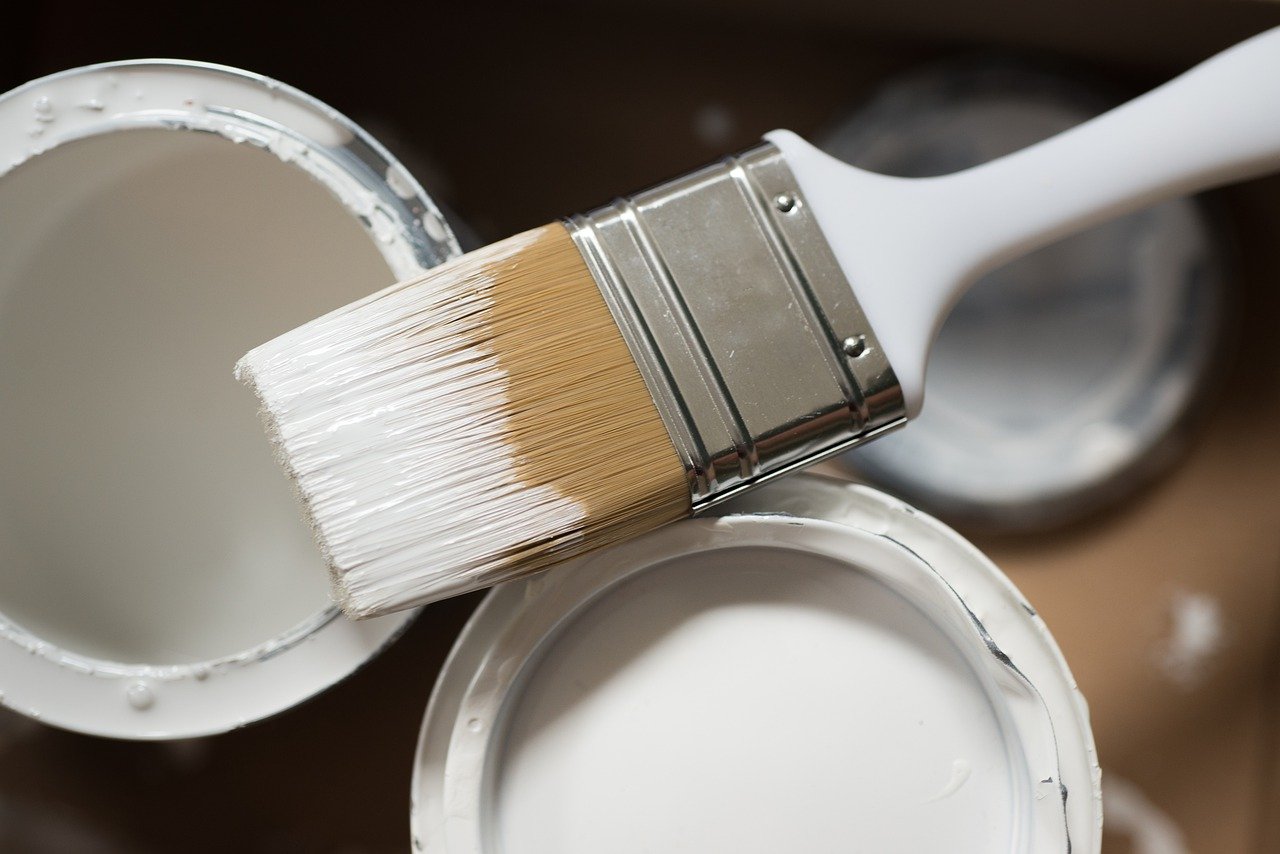While the relationship between a landlord and his/her tenant(s) should always be a smooth one, there are things that both parties should follow to avoid complications. From a tenant’s viewpoint, one of these things is informing the Landlord of alterations made to the living arrangements.
It’s quite understandable that when you move into a new home, there could be things that you’d want to change. In this post, we will look at the changes you should notify the Landlord of. However, it’s always advisable to review your tenancy agreement before making any significant changes to living arrangements. Your Tenancy Agreement should cover the changes you are allowed to make. For instance, it might mention that tenants aren’t allowed to make changes to the decor, or repairs cannot be done without the Landlord’s consent.
While some landlords won’t have any problems to grant permissions for reasonable requests, we’d suggest you inform your Landlord before proceeding with the following changes.
Allowing Extra People to Live In the Property
If you start allowing extra people to live permanently in the property that you’ve rented, it might put you in a difficult situation with your Landlord. This is because the majority of tenancy agreements don’t allow this. Therefore, you must seek the permission from the Landlord if you want any other person(s) to start living in the same property. It’s important to note that your Landlord might wish to increase your rental to cover the extra person(s). So, be sure to inform your Landlord or his/her agent and review the tenancy agreement before inviting anybody else to permanently start living in your rented property.
Bringing a Pet Home
While some landlords are open to offering pet-friendly rentals, others may not allow them at all. There could be varied reasons for which your Landlord might not allow pets. For instance, if you’ve rented an apartment in a multi-story building and are planning to adopt a large dog, your Landlord might not allow this, thinking of the well-being of the animal and the potential inconvenience it might cause to other residents of the building. However, if you’ve rented an entire house and can demonstrate responsibility to the pet, your request might be granted by your Landlord. Note that, even if your request is accepted, you’ll be solely responsible for rectifying the damages caused by your pet to the property.
Changing the Decor of the Property
The colour scheme of the property you’ve rented might not be to your taste, but it doesn’t mean you can visit the nearby B&Q, buy some new colours, and begin redecorating the property. Jobs such as decorating, painting, etc., might be allowed by some landlords, but most of them will want to give their input regarding the work. And even if you get the permission to carry out redecoration, it might be made mandatory that you’ll have to return the property to its original decor at the time of moving out. You’ll also have to tell your Landlord if you want to make alterations to the structures, the layout of the property, or carry out landscaping. He/she may not give you permission for these or might want you to hire his/her, preferred service provider. However, it’d always be wise to review your tenancy agreement before talking to your Landlord and ensuring that anything agreed is confirmed in writing by both parties.
Carrying Out Repairs
The condition of the property you’ve rented might become inadequate due to negligence or accidental damages. Note that carrying out all types of repairs of the property isn’t your responsibility, and hence, you must talk to your Landlord about them. Generally, the property is the Landlord’s responsibility, and he/she will need to take care of its reasonable wear and tear repairs.
Changing the Energy Supplier
When you’re directly paying the electricity bill, your Landlord may or may not have any problems if you want to change the existing energy supplier. The majority of landlords may allow you to save money on your electricity bills by doing this. However, it would be best if you informed the Landlord that you’re planning to switch to which supplier and the expected time-frame for that to take place.
Closing Thoughts
Ideally, it would be best if you always looked at the tenancy agreement before proceeding with any alterations you plan to make to the living arrangements. It’ll help if you check whether or not the change is allowed by the agreement. And by sharing all the necessary information with your Landlord regarding the changes, you’ll be able to steer clear of any future issues as well.




